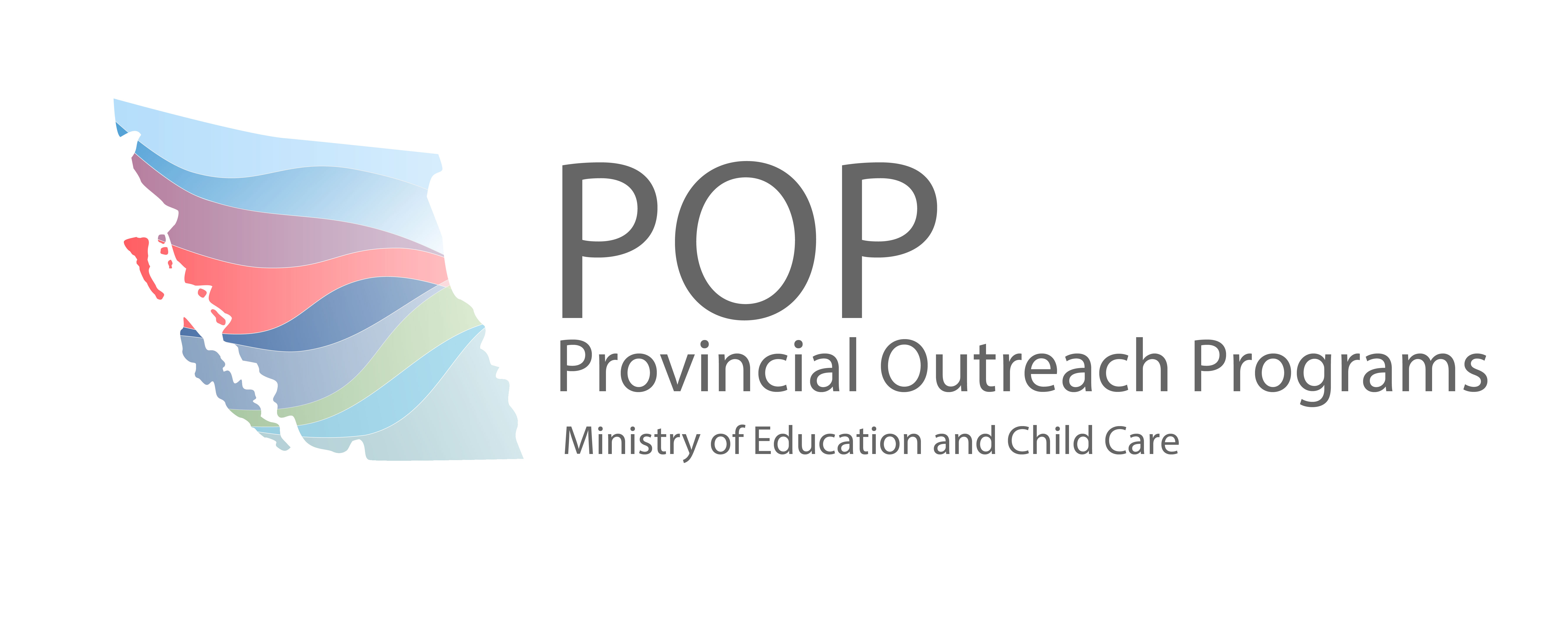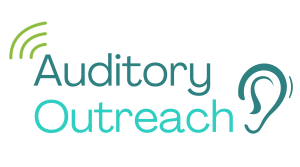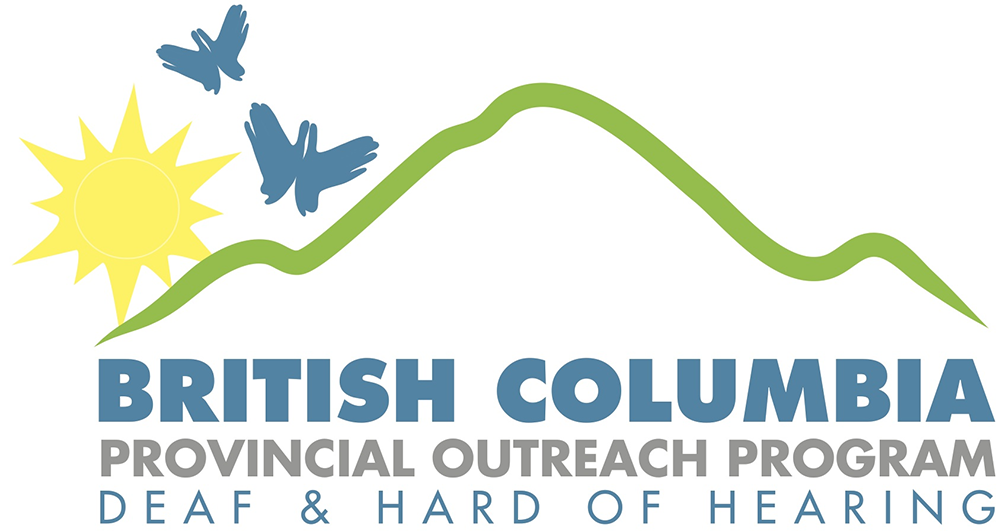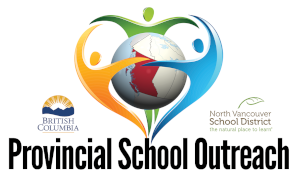Keynote Speaker

Dr. Shelby Pollitt
Sooke School District
Dr. Shelby Pollitt is the K–12 Literacy Coordinator for the Sooke School District and is a sessional instructor at both Vancouver Island University and the University of Victoria. Her doctoral… Read more
Keynote Details
Literacy for All Learners
Literacy is the foundation for learning, engagement, and opportunity, and it belongs to every learner. In BC, we are advancing efforts to ensure all students, from Kindergarten through Grade 12, can access effective and meaningful literacy instruction and interventions, if necessary. Together, we will consider how this commitment to literacy as equity might take shape in classrooms serving diverse groups of learners, including those with more complex profiles.











































